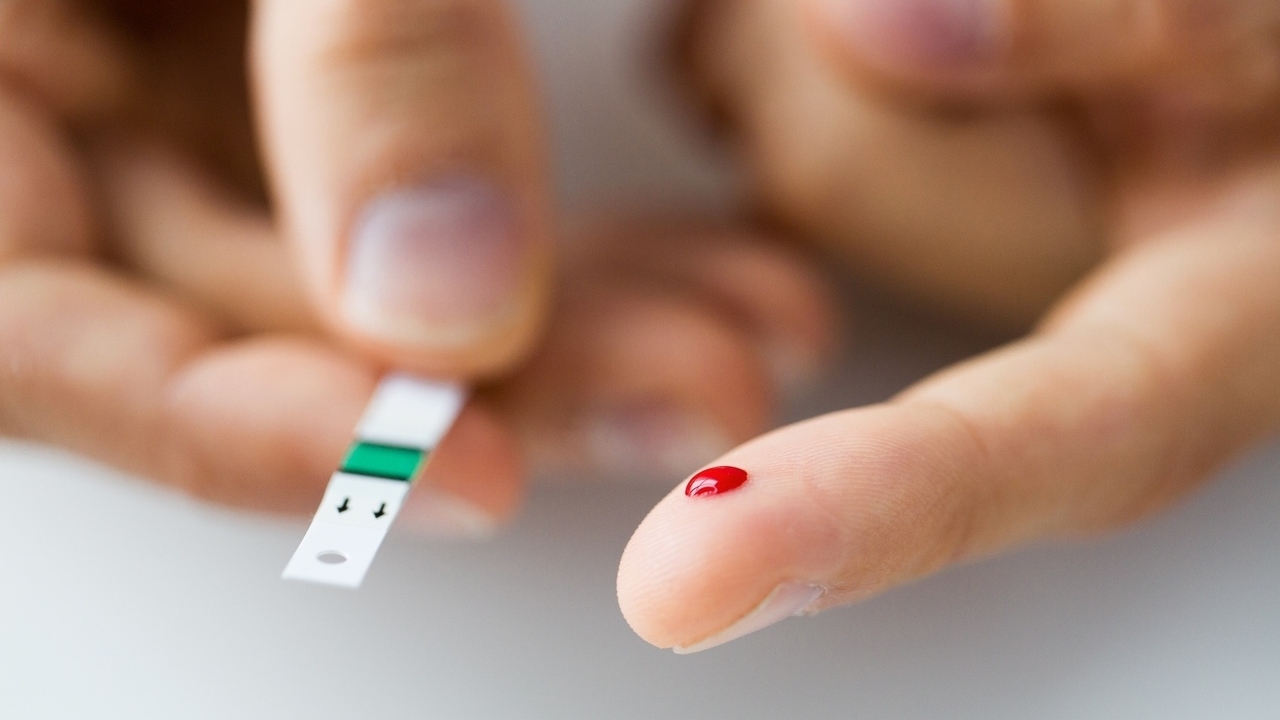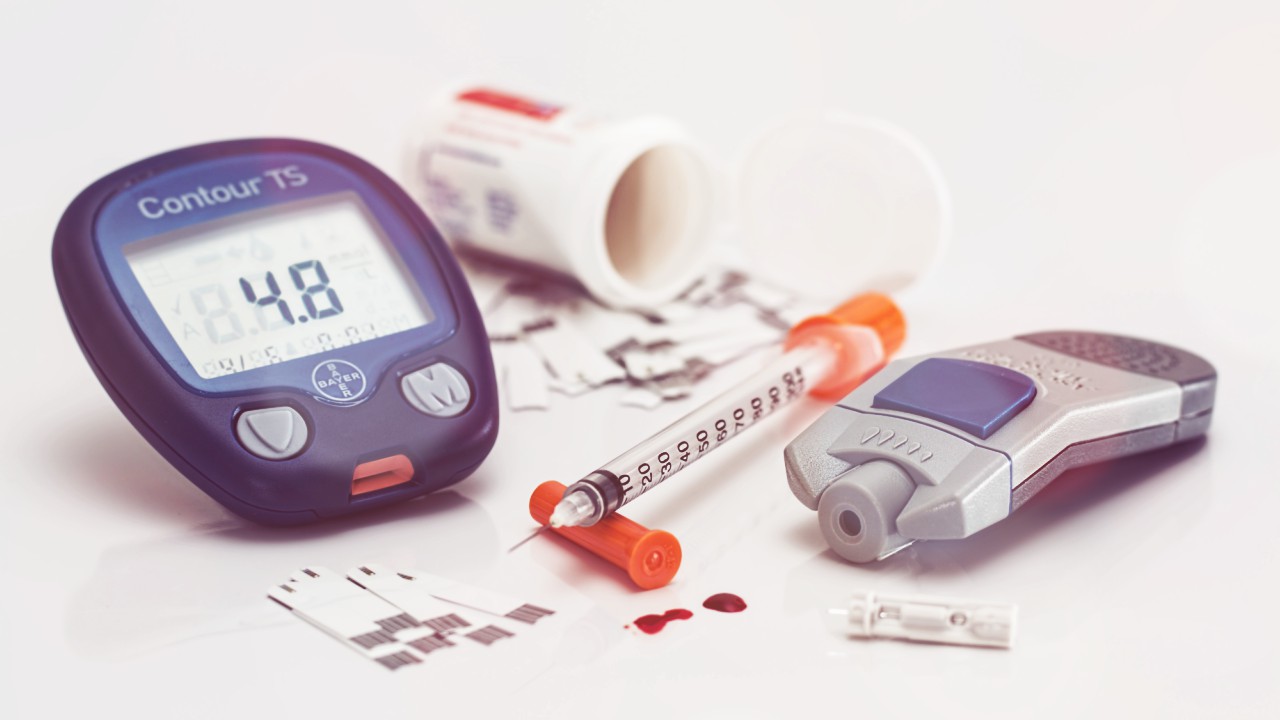Written by Loren Grush
Researchers have discovered a chemical that could be used to develop completely new drugs to treat metabolic disorders like type 2 diabetes – a condition affecting 25 million people in the United States.
However, the newly isolated chemical is not directly involved in the regulation of glucose production in the liver. Instead, it is involved in the management of our circadian rhythm – more commonly known as the biological clock.
The research, published Friday in the online issue of the journal Science, detailed how the discovery came as a surprise to the biologists of UC San Diego when they were searching for a molecule that could lengthen the biological clock.
The team, led by Steve Kay, dean of the division of biological sciences at UC San Diego, was analyzing human cell cultures in individual wells in which a gene from fireflies is attached to the biological clock machinery, allowing the cells to glow whenever the biological clock had been activated. After screening the compounds with an extensive chemical library, they were able to isolate this chemical – which they have currently dubbed “KL001.”
“After doing a lot of work in lab, the chemical we identified was hitting a target – a protein called cryptochrome,” Kay added. “It’s a protein that is found in most organisms and it’s been identified as having a very important role in biological rhythm, almost like a molecular cog of the biological clock.”
But from previous research, Kay and his team knew that cryptochrome was also used in another, seemingly unrelated process in the human body.
“A few years earlier, my lab had begun to associate the activity with cryptochrome was involved in metabolic regulation,” Kay said. “On a daily basis, it makes sure the liver’s activity is a match with our own activity. So it suppresses glucose production during the day, when we’re eating and don’t need much glucose. But at night, when we’re fasting and glucose is low, it increases our levels.”
According to the National Institutes of Health, the biological clock exists in most cells throughout the body, helping to regulate our sleep/wake cycle. Circadian rhythms are the mental and physical changes in response to our biological clocks.
Over the last five years, scientists have come to realize there is a strong link between the biological clock and metabolic disorders, but they’ve never been able to strongly connect the two. After their most recent discovery, Kay decided to test the effects of the KL001 compound on liver cells from mice.
They found that the chemical acted as a regulator by slowing down the biological clock in the mice’s cells and stabilizing the cryptochrome protein. Kay described the addition of KL001 as “putting the brakes” on gluconeogenesis – when new glucose is made in the liver. According to him, this could help foster entirely new diabetes treatments.
“What happens in many diabetic patients is this production of glucose by the liver increases,” Kay said. “One of the strategies for treating diabetes is to identify glucose lowering agents. They activate cryptochrome, and when it’s active, it acts like the breaks on gluconeogenesis – wants to shut down glucose position. For us, we think we’re at the early stages of a completely new treatment for diabetes.”
While Kay noted that there still in the very early stages of their research, the discovery could potentially translate into a very real kind of medicine that could be prescribed in the future.
“What we envision is that this potentially would be an oral pill,” Kay said. “As a diabetic, it would be a pill that you would take as part of an overall strategy to treat diabetes – acting as a glucose lowering agent. We expect companies out there are going to read our results and be very excited about looking at the structure of the chemicals we discovered, modifying those chemicals to make them safe in humans, and go on to do clinical trials to test that this is really a safe and efficacious way of diabetes therapy.”
Along with potentially treating diabetes, Kay hopes that their research will help scientists and the general public to fully understand the relationship between circadian rhthym disruption and the development of metabolic disorders.
“You can see that shift workers become more susceptible to developing obesity and diabetes,” Kay said. “That’s a correlation between biological rhythm disruption and developing a disease like diabetes. What we’re encouraged is our work has really taken us to the next step…Allows us really to probe this chemical to see how circadian rhythm affects disease.”
Related Links:
Chemicals in nail polish, hair spray may increase diabetes risk
http://www.foxnews.com/health/2012/07/13/chemicals-in-nail-polish-hair-s...
'Chemical intolerance' a common complaint
http://www.foxnews.com/health/2012/07/13/chemical-intolerance-common-com...
Can a newly-discovered chemical eliminate cavities?
http://www.foxnews.com/health/2012/07/11/can-newly-discovered-chemical-e...
Read more: http://www.foxnews.com/health/2012/07/13/chemical-that-regulates-biologi...





Add a CommentComments
There are no comments yet. Be the first one and get the conversation started!